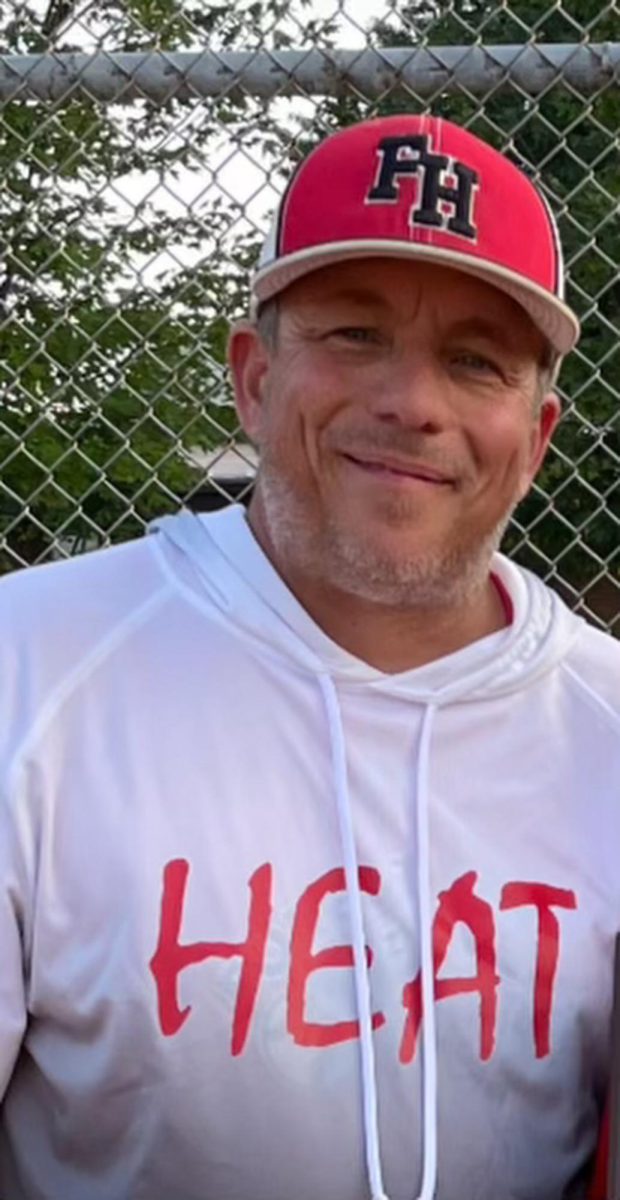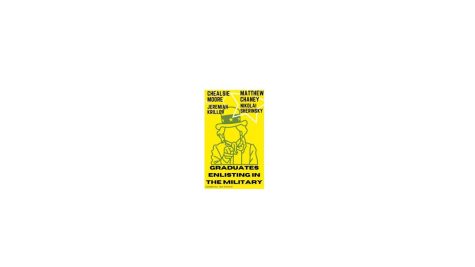A student’s perspective
September 25, 2018
Yemeni Civil War (plus US war crimes)
On March 22, 2015, the Houthis, a Shia group in Yemen, overthrew President Abdrabbuh Mansur Hadi in a military coup. Although Hadi resigned at first, he decided to later on reverse this declaration and declared war on the Houthi’s. Hadi had the backing of the Wahhabist nation of Saudi Arabia. Being a Saudi ally, the U.S. has given the Saudis military weaponry, including some that are banned under international law, to use against the Houthis. What has resulted from this has been mass bombings of Yemeni homes, schools and more. There has even been a recent airstrike case on school bus filled with children, with a horrifying aftermath of severed appendages and dead bodies.
Meagan Man nlein, Freshman: I think it sounds pretty terrible. People are being slaughtered. I think that we shouldn’t be supplying weapons like that.
nlein, Freshman: I think it sounds pretty terrible. People are being slaughtered. I think that we shouldn’t be supplying weapons like that.
Sebastian Thompson, Freshman: Honestly, I think it’s pretty typical. They’ve been doing this stuff since the 80’s. Oil’s oil. They’re gonna kill people, but we need that oil.
Nationwide prison strike
From August 21-September 9, American prisoners went on a nationwide strike demanding an end to the horrific slavery-esk conditions they live under. Their demands include an immediate end to prison slavery, voting rights for all prisoners, an end to gang enhancement laws targeting people of color and much more. This prison strike included sit-ins, refusal to work, and hunger strikes.
La uren Sawyer, Freshman: Well, I agree with them [the prisoners]. No matter what bad things people did, they shouldn’t be treated like slaves.
uren Sawyer, Freshman: Well, I agree with them [the prisoners]. No matter what bad things people did, they shouldn’t be treated like slaves.
C ourtney Jacobs, Freshman: No, I think if someone does something wrong, they should be punished for it [shouldn’t be allowed to vote]. I think that slavery is not a good thing, so if somebody does something bad, they should be punished for it, but [prison] slavery should still be going [abolished].
ourtney Jacobs, Freshman: No, I think if someone does something wrong, they should be punished for it [shouldn’t be allowed to vote]. I think that slavery is not a good thing, so if somebody does something bad, they should be punished for it, but [prison] slavery should still be going [abolished].














